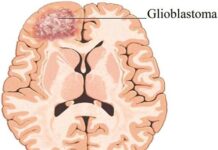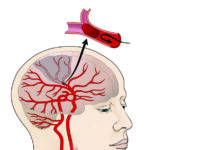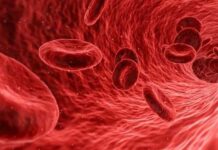Researchers in Singapore have discovered that brain cells cannot maintain the cholesterol-rich myelin sheath that protects and insulates neurons in the absence of a protein called TDP-43. The study, which will be published in the Journal of Cell Biology (JCB), suggests that restoring cholesterol levels could be a new therapeutic approach for diseases associated with TDP-43.
The TDP-43 protein is linked to multiple neurodegenerative diseases, including amyotrophic lateral sclerosis (ALS) and frontotemporal dementia (FTD). TDP-43 plays many vital roles within cells, but, under certain circumstances, it can clump together to form toxic aggregates that damage cells and prevent TDP-43 from performing its normal functions. TDP-43 aggregates are found in the brains of most ALS patients and ~45% of FTD patients and are also linked to several other neurodegenerative disorders, including some cases of Alzheimer’s disease. The aggregates form not only in neurons but also in other brain cell types such as oligodendrocytes. These latter cells protect neurons and speed up the transmission of nerve impulses by wrapping neurons in a fatty substance called myelin.
Shuo-Chien Ling and colleagues at the Yong Loo Lin School of Medicine, National University of Singapore, have previously shown that oligodendrocytes need TDP-43 to survive and wrap neurons in myelin. “Specifically, we found that mice with oligodendrocytes lacking TDP-43 develop progressive neurological phenotypes leading to early lethality. These phenotypes were accompanied by the death of oligodendrocytes and progressive loss of myelin,” Ling says.
In the new study, Ling and colleagues find that one reason oligodendrocytes are dysfunctional in the absence of TDP-43 is that they are unable to synthesize or take up the cholesterol they need to sustain myelin production.
“Our results indicate that simultaneous disruption of cholesterol synthesis and uptake is likely one of the causes of the demyelination phenotype observed in mice with TDP-43–deficient oligodendrocytes, and suggest that defects in cholesterol metabolism may contribute to ALS and FTD, as well as other neurodegenerative diseases characterized by TDP-43 aggregates,” Ling says.



























